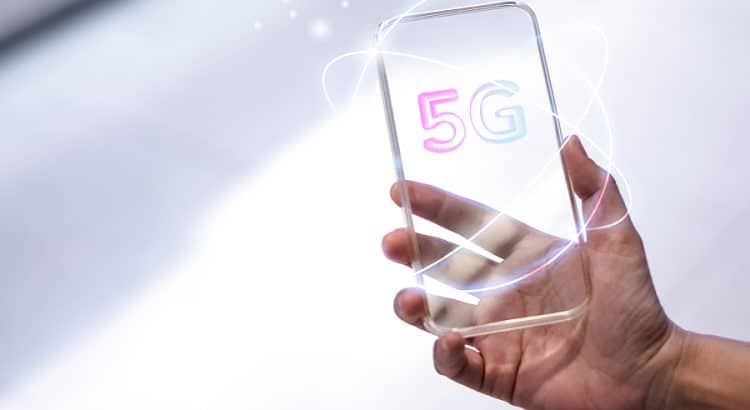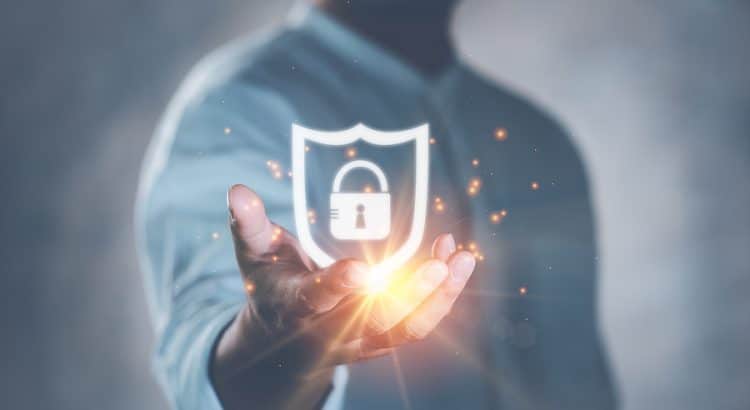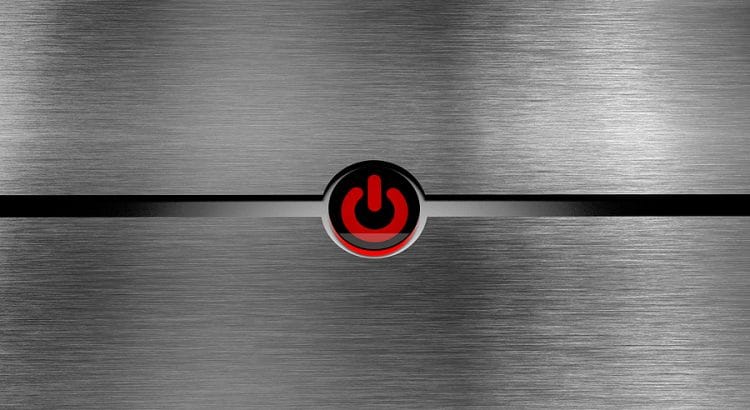Earlier this week, Mike Dano at Light Reading shared a scoop about Dish’s plans. Dano’s article has some good insights and a handful of interesting comments from Stephen Stokols, CEO of Dish’s Boost Mobile. While Dish technically already runs a postpaid service after its acquisition of Ting, Dish plans to launch a homegrown postpaid service in 2022.
It sounds like Dish hopes to leverage both AT&T and T-Mobile’s networks rather than moving to treat AT&T as an exclusive partner for offloading:
‘The intent is to straddle the two. The intent is to have two networks. That’s not abnormal for an MVNO of our size,’ Stokols said. MVNOs like Red Pocket Mobile and TracFone manage a number of MVNO agreements that allow them to sign up customers to whichever wireless network operator is offering the best wholesale rates. Stokols said Dish would like to do the same.
A somewhat contradictory comment from Stokols appears later in Dano’s article. I’m inclined to dismiss it as posturing:
Stokols characterized some of T-Mobile’s recent behavior as anticompetitive:
I’m not sure whether “anticompetitive” or “hypercompetitive” is a better description of T-Mobile’s behavior.










